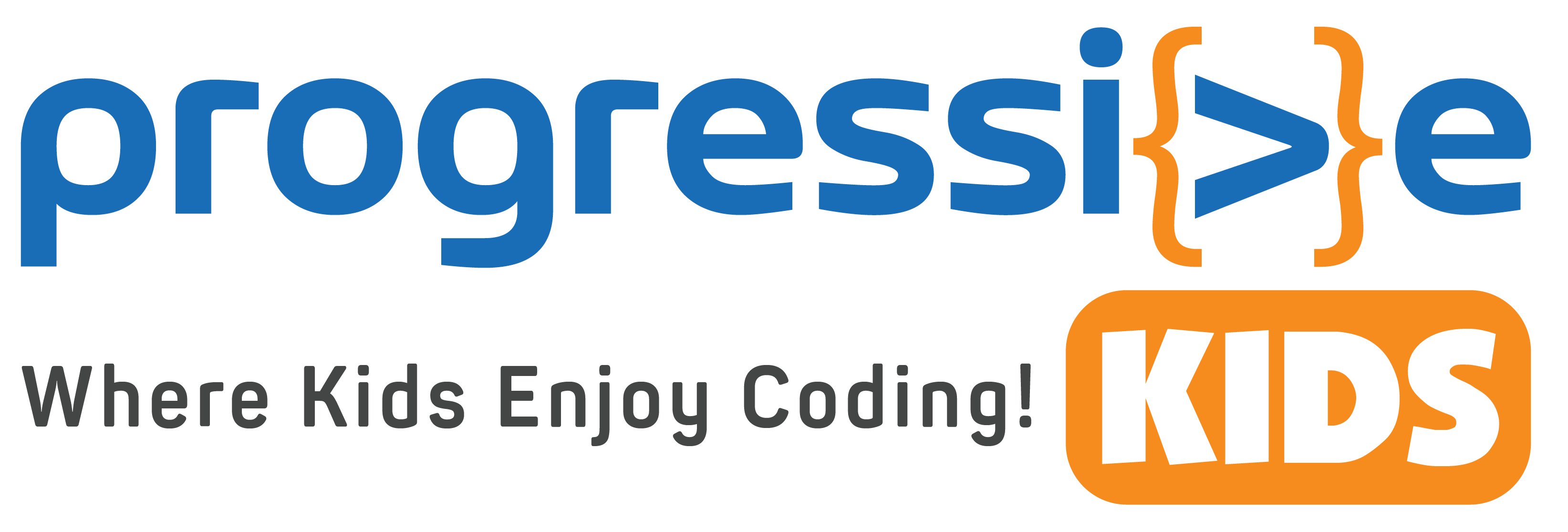Python Programming
Our Programs
Python for Kids – 3 Part Series

GRADE: 4th to 8th,
LEVEL: Beginner to Intermediate
Python for Kids course provides a comprehensive introduction to Python programming, guiding students through essential core concepts such as variables, data types, conditional statements, loops, functions, strings, lists, dictionaries, tuples, and sets. Students will also learn how to work with file input and output operations, enabling them to read from and write to files — a critical skill in real-world programming.
Beyond foundational coding, students will be introduced to Tkinter, Python’s standard library for creating graphical user interfaces. They will gain practical experience designing applications with interactive elements like canvases, buttons, and input forms, bringing their programs to life visually.
Throughout the course, students will participate in multiple hands-on projects that reinforce the concepts taught, encouraging creativity, logical thinking, and problem-solving skills. By working on real-world applications, students will not only strengthen their technical knowledge but also build the confidence needed to tackle more advanced topics in programming and software development.
Advanced Python Programming – 2 Part Series
GRADE: 6th to 9th, LEVEL: Advanced
In this advanced Python course, students will build upon their foundational programming skills and dive deeper into the powerful features of Python. This course emphasizes object-oriented programming (OOP) and problem-solving techniques essential for real-world applications, including bioinformatics, data science, and software development.
Key topics covered include:
-
Classes and the
__init__method: Understanding how to design and implement custom data types. -
Object-Oriented Programming Principles:
-
Inheritance and Polymorphism to promote code reusability and flexibility.
-
Encapsulation for securing and structuring data.
-
-
Advanced Data Structures:
-
Sets and Arrays for efficient data handling.
-
-
Programming Techniques:
-
Ternary Operators for concise decision-making.
-
Recursion for solving complex, multi-layered problems.
-
-
Algorithmic Thinking:
-
Implementing Permutations and Combinations using Python, important in fields like research and combinatorial analysis.
-
Throughout the course, students will apply their learning by working on hands-on projects that integrate these advanced concepts, helping them deepen their understanding and gain confidence in building sophisticated Python programs.
Schedule a Free Lesson
